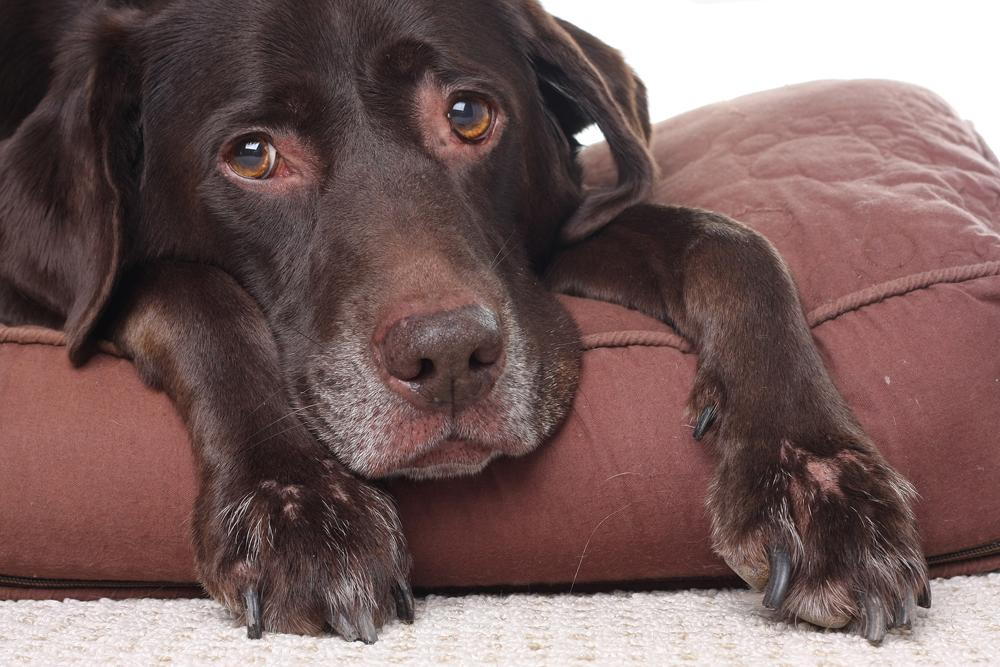Managing Separation Anxiety

- posted: Mar. 18, 2024
Managing Separation Anxiety in Pets
Separation anxiety is a common behavioral issue in dogs, affecting millions of pets across the country. It occurs when a dog becomes distressed when left alone, exhibiting behaviors like barking, whining, chewing, or destructive elimination. If you suspect your dog may be suffering from separation anxiety, it's important to seek guidance from a veterinarian near you. At Baseline Animal Hospital, Boarding, & Grooming in Rancho Cucamonga, our experienced veterinary team can help diagnose and manage your dog's anxiety, ensuring a smoother experience for both of you.
Understanding Separation Anxiety
Separation anxiety can stem from a variety of factors, including:
• Change in routine: A shift in your daily schedule, such as starting a new job or going back to school, can leave your dog feeling anxious about being alone for extended periods.
• Lack of socialization: Dogs who haven't been adequately socialized may experience fear or anxiety when separated from their owner.
• Past abandonment: Dogs with a history of being abandoned or left alone for long periods are more prone to separation anxiety.
Symptoms of Separation Anxiety
Common signs of separation anxiety in dogs include:
• Vocalization: Excessive barking, whining, or howling when left alone.
• Destructive behavior: Chewing on furniture, digging, or scratching at doors and windows.
• Inappropriate elimination: Urinating or defecating inside the house even when recently walked.
• Physical signs of distress: Pacing, panting, trembling, or excessive salivation.
Managing Separation Anxiety
Here are some initial steps you can take to help manage your dog's separation anxiety:
• Desensitization: Gradually increase the amount of time your dog spends alone, starting with short absences and rewarding calm behavior.
• Crate training: If used correctly, a crate can provide a safe and secure space for your dog when you're not home.
• Exercise: A tired dog is a less anxious dog. Ensure your dog receives regular exercise through walks, playtime, and mental stimulation.
• Positive reinforcement: Reward your dog for staying calm when you leave, rather than giving attention to anxious behavior.
Seeking Professional Help from Baseline Animal Hospital
If your dog's separation anxiety is severe or doesn't improve with home management techniques, consulting a veterinarian near you is crucial. At Baseline Animal Hospital, Boarding, & Grooming, our team can develop a comprehensive treatment plan that may include behavior modification techniques, anti-anxiety medication, or a combination of both. We can also discuss alternative solutions like doggy daycare or pet boarding offered at our facility for times when you need to be away for extended periods.
Helping Your Dog Feel Secure
By working with a veterinarian and implementing a consistent training plan, you can effectively manage your dog's separation anxiety and create a more positive experience for them when they're alone. Call Baseline Animal Hospital, Boarding, & Grooming in Rancho Cucamonga today at (909) 987-4788 to schedule an appointment and discuss how we can help your dog overcome separation anxiety.
Our Locations
Find us on the map
Baseline Animal Hospital
9760 Base Line Rd #100
Rancho Cucamonga, CA 91701
baselineanimalhospital@gmailcom









